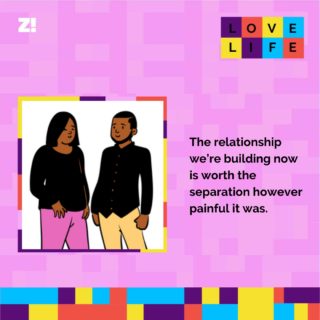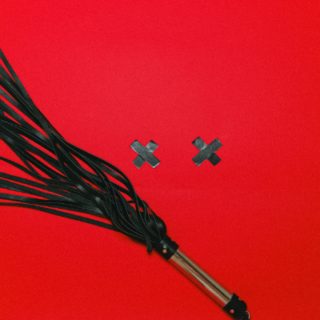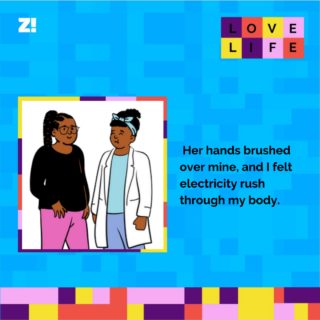As told to Mariam
During my first week at Zikoko, I wanted to write an article on how body dysmorphia affects women. I made a call for women to share their stories with me and Fisayo* messaged me. I eventually found that a similar article had been written but the conversation I had with them led to this article.
I was assigned female at birth and raised as a girl, but I identify as a trans non-binary person with they/them pronouns.
One day, when I was about ten years old, I cut off all my hair with a pair of scissors and told people I wanted to be a boy. At the time, I thought those were the only two genders available. My dad was actually pretty cool with it — I guess because he always wanted a son. My mum, on the other hand, tried to force me into acting more feminine for a while. She made me wear dresses.
In secondary school, I mingled with other girls more and tried to emulate their hairstyle and their makeup. I always knew it wasn’t my thing, but I wanted to make my mum happy. As I got older, I found that I was more comfortable wearing masculine clothes. I think I’ve finally found a balance that everyone is cool with. I’m fine braiding my hair, and I don’t mind wearing makeup, but at the same time, I don’t feel like myself in traditionally feminine clothes.
Sometime in 2018, I came across a TikTok video on being genderfluid, and it sparked something in me. I started to read more articles and watch more videos to learn about myself.
The only person in my family that truly knows who I am is my younger sister. I’ve been having discussions with her about people who aren’t boys or girls because they’re not happy with it, as well as boys who like boys and girls who like girls. It’s something we’ve always talked about since she was like seven years old — she’s nine now. These days, she asks if I’m okay with being called things like beautiful because she knows it’s typically for girls. But I know a couple of people who think I’m just confused, on social media and in-person too. The people I interact with at school are quite understanding. My family doesn’t exactly know I’m non-binary yet because I haven’t figured out how to explain it to them.
My relationship with my body depends on the day. Sometimes, I absolutely love my body and other days, I do not feel masculine enough or feminine enough. For me, body dysmorphia is tied to gender dysphoria because even though I was assigned female at birth, I don’t identify as female. So at times when I feel distressed about my body, it affects how I feel about my gender identity. For example, being on my period just reminds me that I was assigned a certain gender.
I am used to people misgendering me especially because I live in Nigeria — most people don’t understand it, including queer people. I intend to go on hormone blockers and probably testosterone someday, so hopefully, the way I feel on the inside will match how I look on the outside.
If I were to rate my life living as a trans nonbinary person in Nigeria, I would give it a six. At first glance, when you see me, I don’t look non-binary because I present extremely feminine even in masculine clothes. I think it’s more obvious in my personality than in my physical appearance. It took a while for me to know that non-binary doesn’t equal androgyny. It’s kinda fun when strangers have to wonder about your gender. I’d like to cut my hair at some point when I’m ready. Try some protein shakes and start working out as well, but I can’t right now due to some health issues. I also want to get a whole new wardrobe of clothes that would aptly represent who I am.
For more female-centred content, click this.




